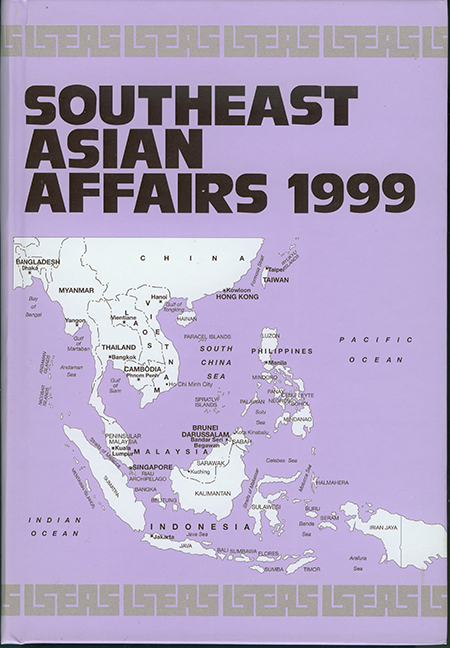Laos: A Million Elephants, A Million Tourists?
from LAOS
Published online by Cambridge University Press: 21 October 2015
Summary
Domestic Political Affairs
As in China and Vietnam, reforms in the Lao People's Democratic Republic (LPDR) have hardly touched the political arena. Laos still has a one-party system of government, which is officially legalized and guaranteed under the constitution. Even if terms like “socialist” and “communist” are no longer in official usage and do not appear in the constitution, the Laotian leadership holds fast to the “Laotian way”, in which traditional communist elements exist alongside reforms and an open-door policy. The Sixth Party Congress of the Lao People's Revolutionary Party (LPRP), held in March 1996, continued on its course towards a market economy even if the reforms are to be implemented slowly, placing emphasis on wholesome social conditions. The tolerance of Theravada Buddhism and its clergy has advanced further, and the domestic political situation is relatively stable. In the past, there had been occasional guerrilla attacks, which, though no grave threat to the government, did make it necessary for people to obtain special permits (until 1994) for travel outside the area around Vientiane. However, in general, today there are no risks for tourists going to the promoted and permitted tourist destinations.
In the second week of January 1998 the National Assembly (NA) announced its new composition after the general election. The Assembly consists of 99 members, 21 of whom are women. Only 7 of the 28 women candidates were not elected. Out of the 99 members, 68 are from local authorities, and 31 from the central government. Lao Loum members, especially ethnic Lao, make up 56.6 per cent. One of the selected candidates is independent. The Standing Committee of the new NA consists of seven members. There is a president of the Assembly and three vice-presidents, one more than in the last legislative assembly.
In 1998, President Nouhak Phoumsavanh resigned his position as President of the Lao PDR.
- Type
- Chapter
- Information
- Southeast Asian Affairs 1999 , pp. 145 - 162Publisher: ISEAS–Yusof Ishak InstitutePrint publication year: 1999



